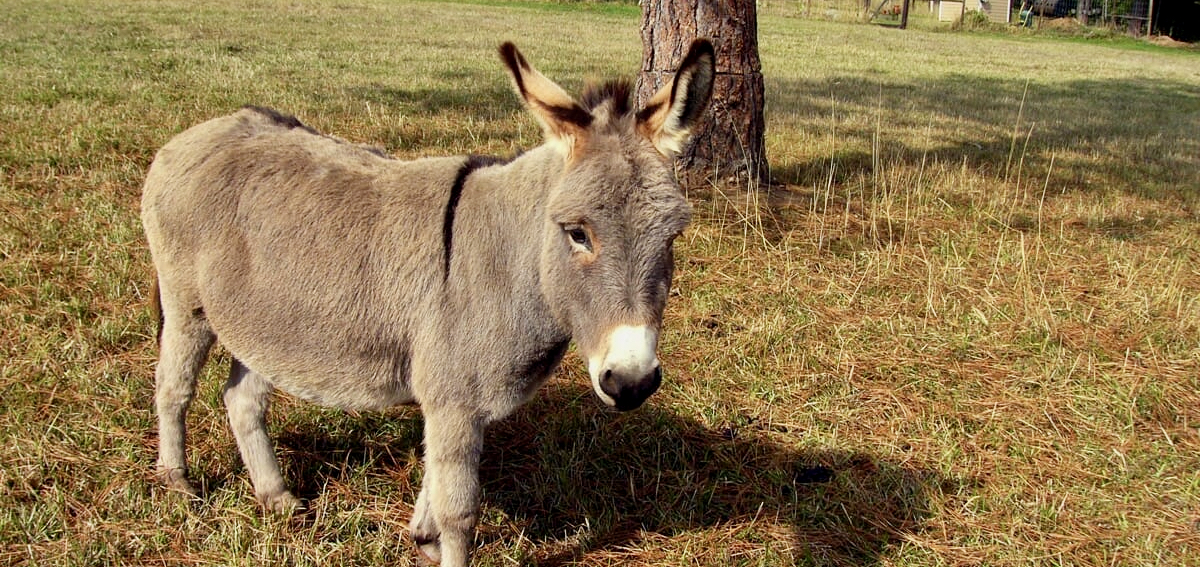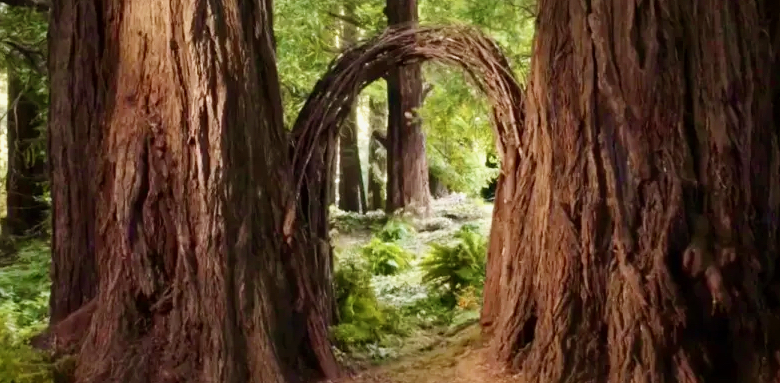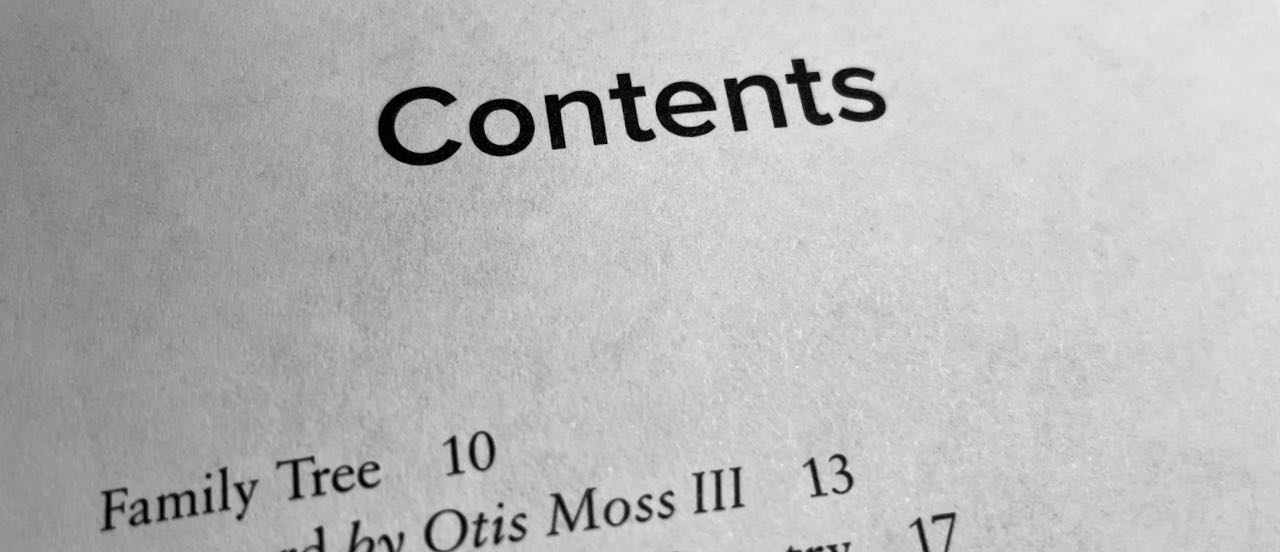Published: Feb 1, 2009
Publisher: Baker Academic
Retail Price: $26.00
Length: 288 pages
Binding: Paper
ISBN: 9780801036163
Words have great significance. They both form and inform us. They convey meaning and shape understanding. They express our highest thoughts and our deepest emotions. But because of their ubiquity, words are easily taken for granted. In Worship Words, part of the Engaging Worship series, professor of English Debra Rienstra and professor of preaching and worship Ron Rienstra make a careful examination of the role and use of language in the worship practices of the church. Their goal is to help students, pastors, and worship leaders come to a renewed appreciation and understanding of words in worship and to inspire them to use words more intentionally–to the greater glory of God and the greater blessing of God’s people.
The book is scholarly–-the result of much field research and theological reflection–-but also highly practical. Its topics include dimensions of language, repetition, authenticity, metaphor, tradition, lament, and worship planning. It is ecumenical in scope, demonstrating understanding and appreciation for various branches of the church while addressing important questions that cut across worship styles and theological and ecclesial traditions. Each chapter includes group discussion questions and exercises for evaluating and creating worship service elements.
Authors
Debra Rienstra
Debra Rienstra is professor of English at Calvin University, where she has taught writing and literature since 1996. She is the author of four books—on motherhood, spirituality, worship, and ecotheology/climate change—as well as numerous essays, poems, and scholarly articles. She writes the fortnightly Refugia Newsletter on Substack, a newsletter for people of faith who want to know and do more about climate. She also writes fortnightly for The Reformed Journal blog, writing about spirituality, climate change, pop culture, the church, the arts, higher ed, and more. Her literary essays have appeared in Rock & Sling, The Examined Life Journal, and Aethlon, among other places.
Ron Rienstra
Ron Rienstra is professor of preaching and worship and director of worship life at Western Seminary in Holland, Michigan. He is an ordained pastor in the Reformed Church in America. He is the author of Church at Church: Jean-Jacques von Allmen’s Liturgical Ecclesiology and numerous articles in Reformed Worship and scholarly journals.
Excerpts
Each chapter concludes with a summary and a series of exercises based on the material in the chapter. The exercises include suggestions for discussion, observation, resource development, and preaching. The following excerpt is from Chapter 7, “Naming God: Meeting the One Who Is.”
Summary Calls to Action
- Analyze the metaphors/images/titles/names for God used in your church’s worship.
- For every name commonly used, find appropriate ways to say yes-no-yes to that name.
- Name, explain, and worship the Trinity.
- Expand the repertoire of names/images/titles/metaphors for God in all aspects of worship language. Explore the Bible’s treasury.
- If possible in your context, reduce the number of gendered pronouns for God. Use gendered titles (such as Lord) but seek ways to diminish the gendered aspect of these names and also seek to use alternatives.
What are the images for God most common in your imagination? In what ways might the Bible expand or challenge your common images?
Choose any Psalm that you know and love. Explore a name for God in order to shape a prayer. Choose one image from the Psalm, and write a prayer in which you name God in terms of the image, then expand the image in praying for the congregation and the world. Remember to speak this image in light of the gospel.
Psalm 23
Example: God, you are a faithful shepherd to us. You know each of us by name, and love us with a fierce, protective love. We ask you to tend the wounds of those who are sick and grieving today, especially…. We ask you to comfort those who are fearful today, fearful of… We ask you to protect those who are in danger today, … Many people in this world do not know your voice. We pray that you will continue to call to them. Let your Spirit speak to them through the church…
Let the shape of the psalm as a whole shape the prayer. Write a prayer that names God in terms of the psalm, then follows the contours of the psalm.
Psalm 1
Example: Judge of the nations, Judge of the heart, all things are revealed to you and nothing is hidden from your wisdom. Teach us to walk in the right paths. Lead us away from all the bad counselors of this world: cynicism, fearfulness, despair, prejudice. Lead us instead into the delight of your ways and teach us to meditate on them. Teach us to pray. As a congregation, plant us like healthy trees near the water of your gracious words. We long to yield fruit for you…
Using an image from the Psalm that especially strikes you and explore an action of God through that image.
Psalm 68:9
You gave abundant showers, O God; you refreshed your weary inheritance.
Example: Dear God, we come to you thirsty, like dry ground. We look to you for all that we need and we wait for your gracious care. Send your Spirit to us, nourishing God, like a drenching shower. Work among us so that, like a fertile field, we might grow good deeds that will feed others in this world…
Variations on this exercise:
Tailor the prayer to a particular place in the service: a call to worship, a prayer for illumination, a congregational prayer, a confessional prayer, and so on. Other passages of Scripture could, of course, form the basis of similar exercises.
Here’s a homiletical exercise, fitting even for nonprofessional preachers: Write a short sermonette in which you explore an unusual image for God from Scripture. Start with a text that has a striking image in it. For instance, consider Exodus 13:21-22 and the image of the pillar of cloud and fire. How can that image speak to us today? Or, explore Luke 15:8-10, the image of the woman and the lost coin from Jesus’s parable. In what ways is God like a determined housekeeper? To get the most out of the exercise, do the following:
- Identify the Scripture text that will be the heart of your mini-sermon.
- Pray through the text, and research anything that puzzles you about it.
- Write a three-sentence paragraph (at most) that simply restates what the text says, and does so well and beautifully. This is the second paragraph of your three-paragraph sermonette.
- Write another three-sentence paragraph, this time in response to asking “So what?” of your second paragraph. This is the third paragraph for your sermon
- Think about your friends, both Christian and non-Christian. What would connect their experience or life to this text? Write another paragraph of no more than three sentences. This is the first paragraph of your sermon.
During a worship service you attend, observe the presence of KINGAFAP. Was this the dominant metaphor system in the service? Were there any elements of the service whose language compellingly challenged the distortions of KINGAFAP, that is, more than a passing reference to God as servant, sufferer, or something other than the distant, masculine ruler? Based on your observations, does this worshiping assembly have a KINGAFAP problem? Now that you are looking for this metaphor system, reflect briefly on the role it plays in your own devotional life. Is it your own dominant image of God?
Compose a new song acclaiming the Trinity. Can we adore the Triune God with the same intimate love with which we adore Jesus? What images can we employ to draw people into worshipful awe at the beauty and holiness of the Triune God?
Reviews
Endorsements
Resources

A Passel of Idiolectical Delights
We’re not talking about a language, or a dialect, or even current slang, but rather those little ways of speaking that are idiosyncratic to a particular person or family unit. In other words, the weird little turns of phrase that only you and maybe your family use. Surely you have some of your own.

Goodbye to the Books
And I was surprised to find: I felt some grief. Why, for goodness sake? Was The Bit Between My Teeth: A Literary Chronicle of 1950-1965 (from 1965, not surprisingly) somehow personally important to me? It was not.

The Barbie Movie: A Note to Young Women
But you, especially, young women, should go see this movie. Will it tell you everything you need to know about women’s history and feminism and the experience of being women today? No, it will not. But there are a couple moments in it where you really, really need to feel your feelings. This is entry-level stuff, but it’s important.

Perchance to Dream
If only I could dream! Dreams come rarely these days. Where is the God of dreams?

Pious Petunia Starts a Podcast
Oh I believe we must focus still more on sins. The Heidelberg Catechism has much to say in Lord’s Day 34 to 44.

Where Angels Fear to Tread
“I’m angry. I’m sad. I feel as if we’ve reached the end of an era with this bunch, and I don’t know what’s next.”

We Have to Talk About Economics
I hate to say this, but we’re going to have to talk about economics in church.

Lie Detecting
I wonder: Would knowing when people are lying be a gift? Or would it just make life worse?

Everyone Wants to Play God: Extrapolations and a Climate-Bleak Future
The episodes are short-story-style vignettes, introducing mostly new characters, different climate-related scenarios, and a tangled web of ethical dilemmas.

An Inspiring Message about Palm Sunday
Wow, I didn’t know that Palm Sunday was about openness, inclusion, and tolerance. Something to reflect on, I guess. What about that donkey, shall we reflect on the donkey, too?

Truth Listening in the American South
I’ll be processing this experience for a long time, but for now I’ll share just a few key words that focused my thoughts during and after the trip.

Why Does Religion Get in the Way of Climate Action?
Depending on which corners of the church you hang around in, you might notice anything from heavy-duty activism to climate denial. So I’ve been wishing for a long time for hard data. What are the numbers on what actual church people are actually doing and thinking about climate?

Threshold
It never occurred to him to see me, exhausted and falling to pieces, alone in that room with my mother as she labored on threshold of death.

Chaptering Our Lives
Best-selling memoirs tend to tell big, dramatic stories—getting sober, the messy divorce, the cancer diagnosis, the series of lovers, living through war, recovering from abuse, the woes of being famous. For most of us, the challenge is to perceive the contours of our ordinary lives lived on smaller, more private stages.

Church of Empire, Church of Refugia, 2047 and Beyond
We’re all speculating here, I guess, with the understanding that the speculation is itself a process of hope: what do we long for? what outcomes can we imagine and, through that imagining, help enact?

The Re-Gifts of the Magi: A Tiny Christmas Fantasia
A journey to who-knows-where to see who-knows-what without the proper supplies. We’re crazy.

